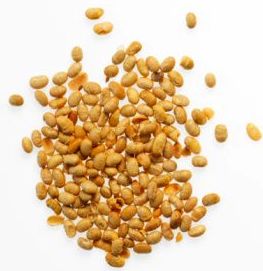Soy allergy is a common type of food allergy. Various soy products differ in their ability to cause an allergic reaction. Usually, fermented soy like tempeh can cause less allergic reaction when compared to raw soybeans.
Living with an allergy to soy:
- Avoid consuming soy-based foods. They include: tempeh, soybeans, soy milk, tofu, miso, soy cheese, soy sauce, etc.
- Carefully read all the food labels. Remember thatsoy derivates can not be identified.
- Don’t consume the foods containing the substances such as lecithin, monosodium glutamate and mono-diglycerides as they contain soy products.
- Foods consisting of hydrolyzed vegetable protein (hvp) can be derived from soy. So, ensure with the manufacturer prior to use.
- Look at the products that have “natural flavors” on the labels because they can be soy products.
- When you go to a restaurant, ask for the ingredients whether they are derived from soy. Commonly, soy flour is used in most of recipes to add protein.
- Don’t eat processed foods so that you can avoid eating soy products accidentally.
- Don’t use the oils containing vitamin E as they can be derived from soy.
- Beware while using cosmetics because most of the cosmetics and soaps use soy oil and soy meal.
- Don’t use teriyaki, shoyu, and tamari sauce as condiments as they are soy products.
- Most of the Chinese and Japanese foods use a great deal of soy in their cooking. So, ensure while eating those items.
- Don’t use generic vegetable oils because it is a part of soy, instead use safflower or canola oils.
- Take vitamin C supplements. Vitamin C helps your body to cope with allergens, supports immune system and decreases inflammation.
- Taking multienzyme complex improves your digestion and helps to cope with allergy.













